Manager Arthur Rowe used just 19 players when we won the Division One title for the first time in season 1950-51. Now, 65 years on, we pay tribute to each one. Here John Fennelly spotlights the contribution of centre-half HARRY CLARKE.
/Class_of_51/harry_clarke_instory.jpg?n=3892) HARRY CLARKE
HARRY CLARKE
Games: 42. Goals: 0.
For all its enterprise, innovation and flair, this Spurs side could not have operated with such positive vibes had it not been for the solid base provided by centre-half Harry Clarke and his fellow defenders.
Clarke was an imposing figure. At 6’3” he was literally unbeatable in the air but also had the commanding presence and physique to stand up to any powerful centre-forwards in the days when physicality and aggression were encouraged rather than penalised.
He was 26 when Spurs boss Joe Hulme spotted him playing for sweet manufacturers Lovell’s, bringing him to White Hart Lane in March, 1949, and pitching him straight into the first team with an immediate debut at home to Luton Town. We won that Second Division game 2-1 and from that moment Harry’s consistency was immense.
Lovell’s were a factory side based in Newport yet they punched way above their weight and played professionally from 1918 up until they were dissolved in 1969. So this wasn’t a works outfit playing in a local Sunday league. They regularly won the Welsh League and did the Double with Clarke in the side in 1948 after which he moved to White Hart Lane.
They also played in the Southern League at one stage and had reached the third round of the FA Cup in 1946 before losing to top flight Wolves, a narrow 12-3 aggregate defeat! They even applied unsuccessfully to join the Football League in Harry’s last season at their Rexville ground.
Yet moving to Tottenham was clearly a giant leap for the Woodford-born defender. His only previous experience of any note had been playing for the RAF during the war years but he was an ever-present in his first two seasons with us as we topped the Second Division and then raced to our first Championship title.
His dominance was crucial. Always steadfast in his defending, he could also play a bit as well and his cool persona calmed those around him. He played for England ‘B’ in 1954 and then won a full cap against Scotland soon afterwards.
By the time that he retired from playing in 1957 he had clocked up 322 league and cup appearances for us. He stayed on at White Hart Lane to coach our juniors and then returned to Wales to take on the manager’s job at Llanelli in February, 1959, before performing a similar role at Romford.
Sadly Harry died in April, 2000, at the age of 77.









